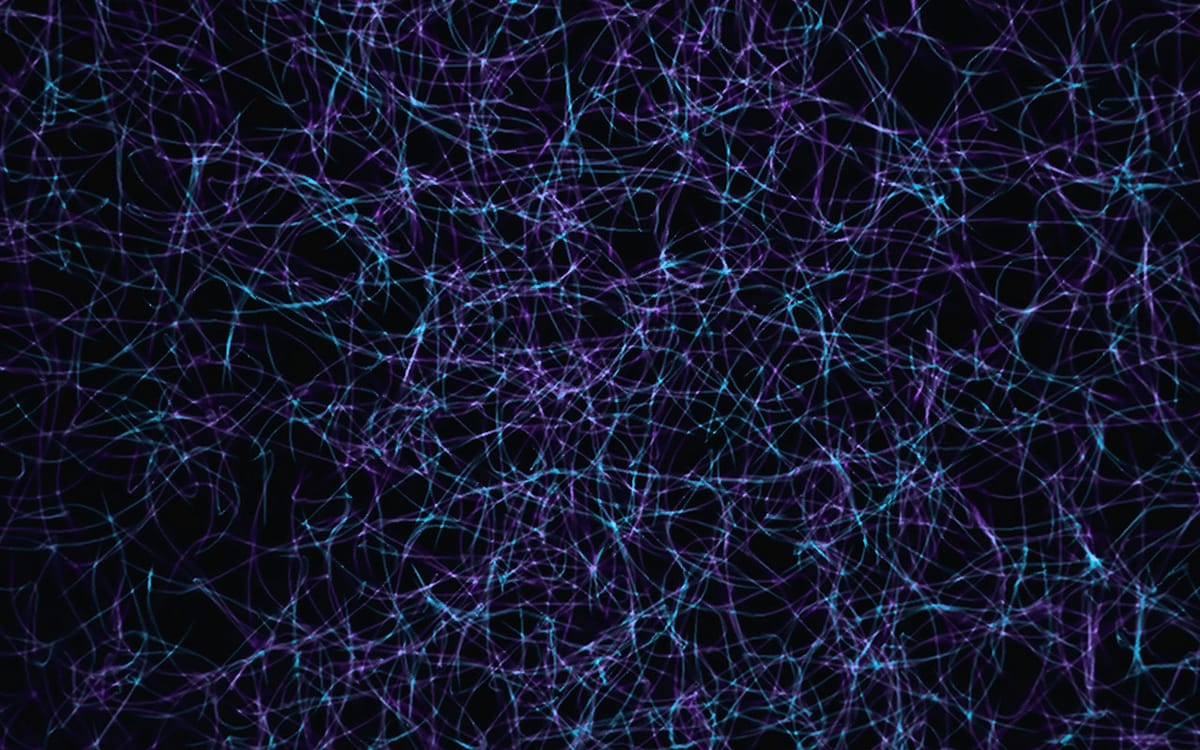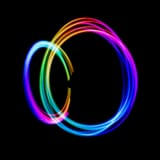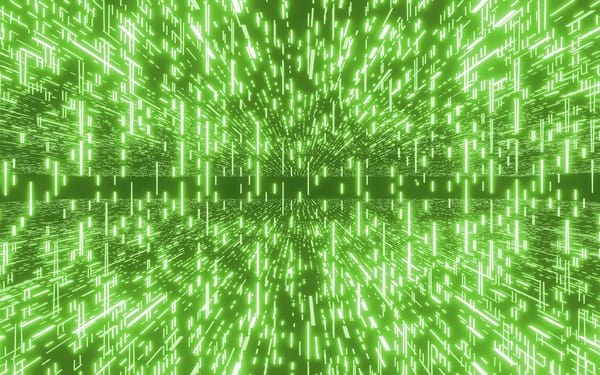Why AI Challenges Us: Ego, Awareness, and the Nature of Reality

As we stand at the edge of a technological transformation led by Artificial Intelligence, I often find myself reflecting not on what machines can do, but what we’ve come to believe intelligence truly is. Over time, we’ve gradually shifted our idea of intelligence and progress toward what can be measured—data, performance, efficiency, computational power. But is that the full story? Or are we simply reinforcing a distorted lens of what it means to know, to be aware, to exist?
Much of what we celebrate as “intelligence” today is based on constructs—science, mathematics, physics—useful, yes, but inherently limited. These frameworks are our own creations, designed to simplify and categorize reality into digestible parts. Yet the deeper truths—the kind explored through the Lokuttara Dhamma in Buddhism—point to a reality that cannot be broken down, labeled, or quantified. They point to awareness, to impermanence, to a state beyond logic or measurement.
What unsettles many about AI, I believe, isn’t the machines themselves. It’s our ego. Our discomfort stems from a fear of being replaced, of being surpassed, of being seen as less. But the ego—this sense of a fixed “self”—is, as the Dhamma teaches, an illusion born of ignorance (Avijja) and attachment (Tanha). When we identify ourselves through our thoughts, titles, or abilities, we suffer when those constructs are challenged or outdone. And AI challenges all of them.
We’ve built a world around knowledge, but not necessarily around wisdom. While it’s valid to question the unchecked growth of AI and its impact on society, these fears often arise from a misunderstanding of what truly matters. The Dhamma reminds us that all things are in a constant state of flux in their natural form (anicca); there are no permanently fixed entities—only temporary aggregations arising to fulfill conditioned needs (dukkha); and craving, ignorance, and attachment sustain these formations by mistakenly regarding them as separate and permanent—thus worthy of clinging, whether pleasant or painful (anatta). This very processes fuels the illusion of a separate, enduring self. This includes our sense of control, our scientific frameworks, and even our self-image. Einstein himself once said, “Reality is merely an illusion, albeit a very persistent one.” In that light, the only reality we ever truly touch is the present moment—pure awareness, or chitta, stripped of identity and concept.
So where does our role lie in this new world? Not in competition with machines, but in rediscovering our real nature. We need to shift our focus from external achievement to internal understanding. To recognize that being “capable” doesn’t mean just intellectual mastery, but the ability to see through illusion, to awaken, to embody compassion and equanimity.
This isn’t about rejecting science or progress, but about seeing them for what they are—tools, not truths. True intelligence lies in knowing how to use them without being used by them. It lies in transcending the ego, in tuning into the unmeasurable, in aligning with the nature of things as they are.
Our purpose may not be to pursue technological supremacy, but to cultivate awareness, dissolve the illusion of self, and redefine what it means to be human. It's not about what we produce, but about how deeply we perceive. This is where our true potential and power lie—boundless and profound.




